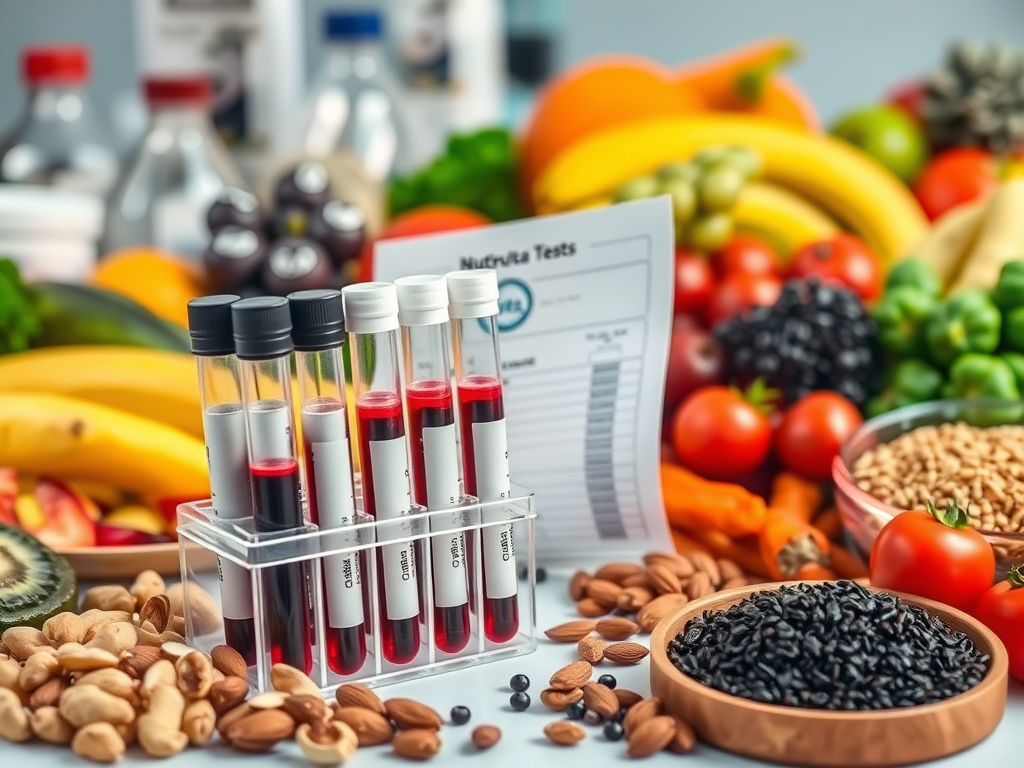
Make sense of your blood test results
Hardly any nutrients (except iron indirectly, through hemoglobin) are analysed in the small and large blood count. Getting blood tests is a crucial step in understanding your current health and preventing potential diseases before they arise.
While any doctor can order lab tests, they may not always include specific tests that are particularly relevant for assessing the nutritional adequacy of your nutrition. Knowing which tests to request can help you take a more proactive approach to your health.
In many cases, these specialised tests are not covered by health insurance. However, you can visit an independent lab and request the tests directly.
Standard medical check-ups often include routine blood tests that focus on making sure you're “not dying” rather than optimising long-term health and checking for key indicators of disease risk. By taking charge of your own blood work, you can gain deeper insights into your body and address potential concerns by changing your nutrition and lifestyle before they develop into serious conditions like heart disease, diabetes, or cancer. Cardiovascular diseases build very slowly over decades. You don't want to wait for the first symptoms because in many cases, the first symptom is a fatal heart attack!
Normal does not equal optimal
It’s also important to understand that “normal” reference ranges are based on the general population - most of whom are not metabolically healthy.
Instead of aiming for what is considered normal, strive for optimal levels to support longevity and overall well-being. Reference values may vary depending on the laboratory and country. There are no legal regulations that require the laboratory to use a specific reference value. This can lead to a false sense of security.
By the way, do you know which nutrient most people are deficient in, but which cannot be tested directly?
95% of adults do not reach the recommended fibre intake of 25-30 grams per day (in many western countries).
Taking control of your health starts with knowledge.
IMPORTANT
To access the table, you require a Google account.
After you have purchased the product, you will receive an Access Link. I will then manually approve your account - this may take a few hours. As I want to make sure that you can benefit from future improvements, this seems to be the best solution.
Lots of love,
Debora Döhrbeck (MSc Psychologist, Certified Holistic Nutritionist)
Jan Wassenberg (Dr.-Ing.)

